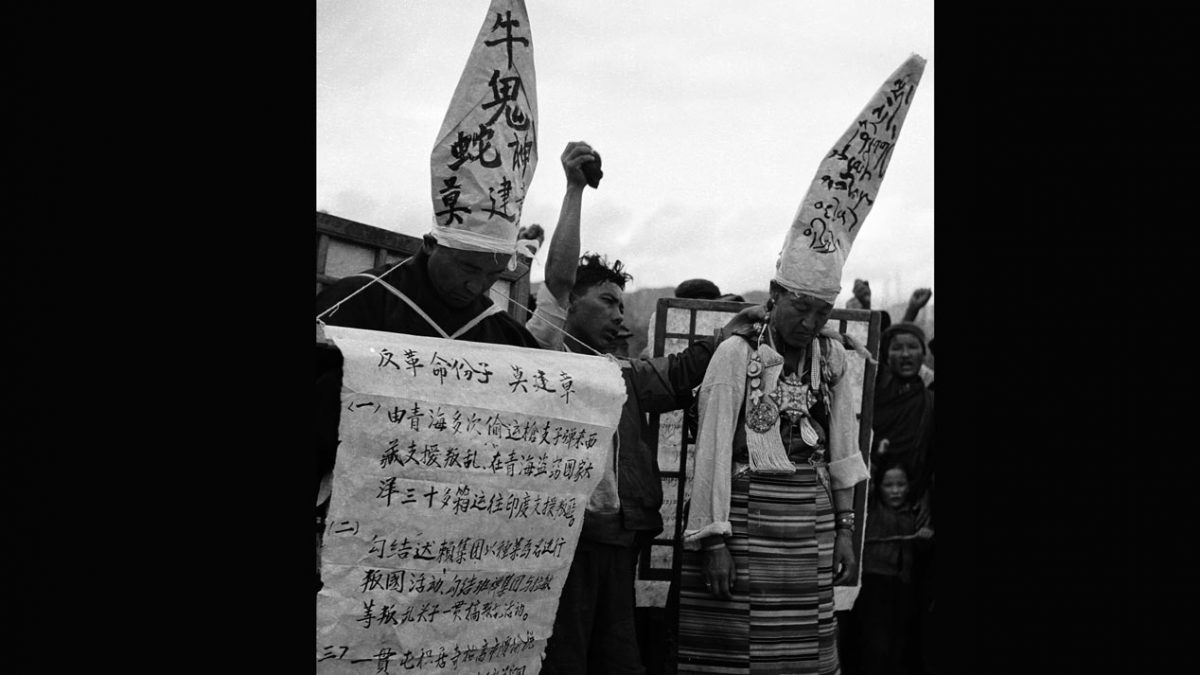

As stated by Tom Gold in a pivotal 1985 article on personal relations in the 1980s, comradeship had vanished as a central ethic holding the fabric of Chinese society together. Yet this “ethic of comradeship” 3 among citizens disintegrated by the early 1980s. Having thus become a rather commonplace address, it became difficult to differentiate between its uses in a wide (societal) or narrow (Party) sense. 2 As a result, “comrade” became a common form of address, signifying membership in two different in-groups: the CCP and the Chinese public in which Party members are naturally embedded. As Ezra Vogel put it, the term “comrade” turned into a moniker describing “the relationship of one person to another in their role as fellow citizens.” 1 Comrade also clearly “denoted a revolutionary tone” under Mao’s leadership. The revolutionary triumph of the Party made affiliation with the Communist cause generally desirable for all Chinese people on the mainland. To this day, state media continue to use this term when referring to individual Party leaders. In a narrow sense, the term has since referred to official members of the Party. As the Communist Party’s revolutionary struggle progressed toward victory, “comrade” came to be more closely associated with the Communist cause. It has been employed to foster shared identities in various contexts ranging from the revolutionary anti-Qing rhetoric of Sun Yatsen or within the wary alliance in the 1920s of Communists and Nationalists (Kuomintang).

The Chinese term for “comrade,” tongzhi 同志, originated as a word compound literally meaning “common aspiration.” Just as in English, the notion connotes an attitude of joint struggle.


 0 kommentar(er)
0 kommentar(er)
